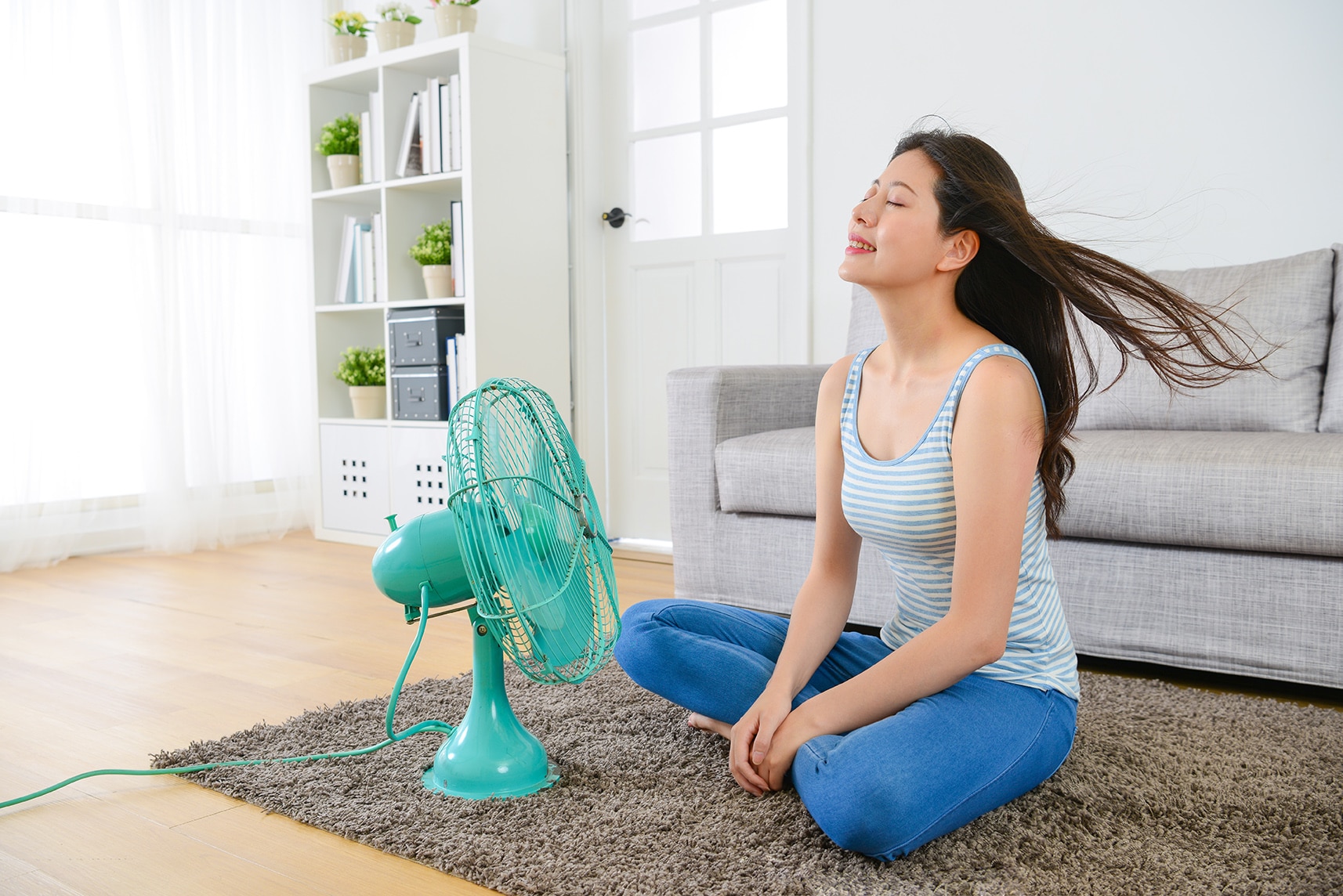
Dear Legends Dental,
I have TMD, and I’ve noticed that my jaw begins hurting if I’m in a space with very cold air conditioning. Why does this happen?
Signed,
Cold & Hurting in Texas
Has this happened to you? We often hear this from our temporomandibular joint disorder (TMD) patients and even patients experiencing jaw pain who may not know they have issues with their temporomandibular joint (the joint connecting the lower jaw to the skull).
First, What Is TMD?
Temporomandibular joint disorders (TMD) develop in the jaw muscles, temporomandibular joints and nerves associated with chronic facial pain. When problems impact the muscles, bones and joints and prevent them from working as they should, it may result in a temporomandibular joint disorder.
According to Dentalcare.com, TMD is the second most commonly reported musculoskeletal pain, with lower back pain first. About 33 percent of the U.S. population has at least one TMD symptom. Of this group, 3.6 to 7 percent experience severe symptoms that impact their quality of life and require treatment beyond self-care steps such as a heating pad and physical therapy.
The Types of TMDs
The National Institute of Dental and Craniofacial Research classifies TMD into three categories.
Myofascial pain. Myofascial pain is the most common type of TMD. The signs of this type of TMD include pain or discomfort in the connective tissue that covers the muscles (known as the fascia). Myofascial pain-related TMD also affects the muscles that control jaw, neck and shoulder function.
Internal derangement of the joint. In this situation, the jaw has been dislocated or the disk in the jaw joint (which acts as a cushion of cartilage for the joint) has been damaged, or you’ve had an injury to the end of the jaw bone known as the condyle.
Degenerative joint disease. Degenerative joint disorders such as osteoarthritis, rheumatoid arthritis and other conditions can cause damage to the jaw joint.
Those affected by TMD can have one or a combination of these conditions.
Causes of TMD Flare-Ups
There are several triggers for sudden or severe jaw pain when you’re living with a TMD. Some of these triggers include:
Stress. You likely already know that stress hurts your body, but you probably only think about its effects on your heart or stomach. Do you think about the impact of stress on your jaw? When you experience a stressful situation, you may clench or grind your teeth, which can cause increased muscle tension, particularly in the neck, shoulders and head. This tension can contribute to pain and swelling of this joint.
Poor posture. If your body is out of alignment, it can contribute to headaches, back pain and, in some cases, pain in your jaw joints. This is particularly the case for those who spend a lot of their time sitting – at work or in the car.
Eating habits. Individuals with TMD should avoid eating food that is very tough, hard or chewy. The pressure and work needed to chew these foods can contribute to muscle fatigue and painful flare-ups. If you’re living with TMD or you have jaw pain, you should stick to a diet of softer foods, eat by taking smaller bites and avoid chewing gum.
Hormonal changes. Joint inflammation can be triggered by changes in hormones, including menstruation, pregnancy and menopause. These sudden changes in estrogen and progesterone can trigger pain and swelling in the jaw area and affect your jaw muscles.
Dehydration. When you don’t drink enough water, you may feel thirsty. You may also feel pain and stiffness in your temporomandibular joints. This is because your joints and muscles need hydration to move correctly. If you’re not drinking enough water, you could experience pain and inflammation in your jaw joints and jaw muscles.
Cold temperatures. Just as cold temperatures can make your arms and legs shiver, they can also cause your jaw muscles to tense up, making jaw problems flare up. This can mean pain, jaw stiffness and even problems using the jaw for eating and chewing. And while it doesn’t get very cold in Texas too often (we’re still not over the snowstorm/freeze of February 2021), we do tend to blast the AC in the summer. As a result, people living with TMD often experience pain, stiffness and muscle tension, and they don’t realize that the reason is that their house or office is too cold.
So what do you do if you’re jaw is hurting in the cold air conditioning?
Here are a few things we recommend:
Turn the temperature up. Make it slightly warmer in your house. We know it’s hot in the summer, but if you can help keep your body temperature stable, you’ll reduce your risk of muscle pain. If you’re cold at the office, consider adding a small space heater or electric blanket.
Hydrate and eat well. As we mentioned, staying hydrated can help keep your muscles and joints working the way they should. We recommend that you drink half your body weight in ounces of water per day. If you feel as if your jaw is stiff, try sipping a warm beverage like tea. But, note that tea is a diuretic, so be sure to drink water. We also suggest that you avoid caffeinated drinks, such as coffee, soda and energy drinks, because they can trigger teeth grinding, making your TMD problems worse.
Self-care steps. We also recommend that you use moist heat to help ease your jaw tension. Do this by microwaving a wet washcloth for a few seconds and placing it on your cheek. You can also use a heating pad to help ‘warm up’ your jaw joint.
Are you struggling with your TMD symptoms or suspect you have TMD? Learn more about the signs and symptoms by calling us today for more information or to set up a consultation.




